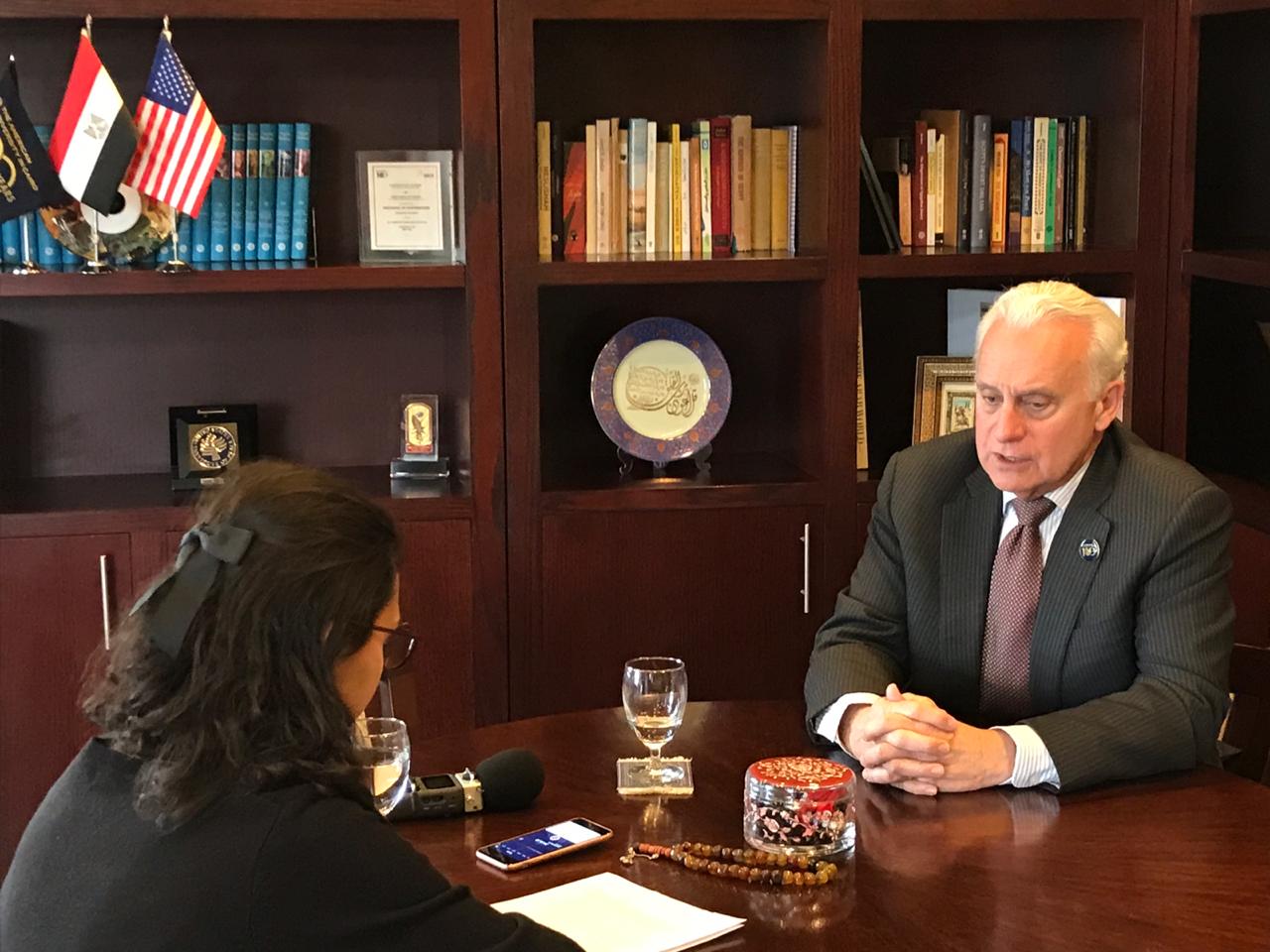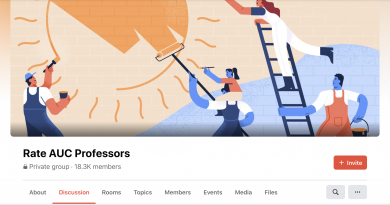For Better or Worse, Till Death Do Us Part … or Not?
By: Vereena Bishoy
@vereena_bishoy
According to a 2018 report by the Central Agency for Public Mobilization (CAPMAS) 20 percent of marriages in Egypt end in divorce.
Associate Professor of History specialized in Islamic law and gender issues, Hanan Kholoussy, who writes and teaches about marriage and divorce in her academic research and in her classrooms, says divorce is much easier for men than women in modern Egyptian society.
Traditionally, there exist checks and balances design to make divorce undesirable and to give reconciliation greater impact.
In Islam, a husband can divorce his wife by uttering “I divorce you”. The couple can then reconcile during Shohour Al Eda (the first three months of a divorce) and remarry. However, with the third utterance, the couple cannot remarry without a Mohalal – the woman has to marry a different man and get a divorce from that man before remarrying her first husband.
Now, many men bypass this process by uttering “I divorce you three times” in some cases with two male witnesses present – and without giving reason – to make reconciliation very difficult. Islam does empower women to divorce their husbands through the process of Khul’ by returning the mahr (dowry) or invoking the adjudication of a judge in special circumstances such as physical abuse.
“Khul” has been in Egypt from the beginning of Islam, when it was mandated by the Prophet Mohammed, but when the law in 1920 conveniently left it out, Egyptians forgot about it,” says Kholoussy.
Until Khul’ was reintroduced in 2000, women found it near impossible to divorce their husbands.
Kholoussy believes that lack of knowledge and social awareness about women’s rights in Islam disempowers them, particularly when it comes to marriage and divorce.
She explained that Egyptians represented themselves in the courts up until the early 20th century, which meant they were knowledgeable about the legal system and their rights and obligations therein.
She says that the four schools of jurisprudence in Sunni Islam – Hanafi, Maliki, Shafie, and Hanbali – were accessible to all Egyptians before the nationwide codification of marriage and divorce laws in the 1920s.
“If a woman didn’t like the ruling of a Hanafi court, which is known to be the strictest in Islam, she could walk down the street a couple of blocks and go to a Maliki court and get a ruling that suited her. That flexibility, that knowledge, that awareness no longer exists today. Today…everyone just hires a lawyer. So the average Egyptian has lost the knowledge of the law,” Kholoussy told The Caravan.
She believes that understanding the laws will ultimately empower women and equip them with the tools to advocate for themselves.
“That’s why a show like Faten Amal Harby does an excellent job of showcasing the legal system, and the laws as they exist, and even showing how the personal status laws that the Egyptian government passed in the 1920s are a set of man-made laws that are a mix of Sharia and secular law contrived by a committee that included secular lawyers and non-Muslim politicians along with religious scholars,” Kholoussy said.
Faten Amal Harby, which aired this past Ramadan, depicts young real estate agent and mother Faten who fights to divorce her abusive husband and a legal system heavily prejudiced against her.
The series showed how men can abuse the system to impose patriarchy on their wives.
That’s where the discrepancy arises – the show [Faten Amal Harby] stars a male character who believes he is entitled to power and privilege without spending a piaster on alimony.
In the series, the main character Faten, played by Nelly Karim, embodies the struggle a woman faces in the courts while simultaneously emphasizing the courage and grit she must possess to take on a gender-biased system.
This, Kholoussy says, is not what Islam intended.
“In Islamic law, men earn their power by being the sole fiscal providers. But unfortunately, because the current legal system is so bureaucratic, it can take years before the financial responsibilities on men are imposed,” Kholoussy said.
“[Faten Amal Harby] reveals the complexity and the bureaucracy, of the legal system. I have visited one of these courts. The show doesn’t even capture how traumatizing and toxic these spaces are. They’re full of pain and heartache that are palpable,” Kholoussy said.
Education and raising awareness, even though a TV drama, will hopefully lead to changes that ensure more equitability, Kholoussy adds.
The series is already producing the desired effect. On May 9, the Egyptian Public Prosecutor called on the courts to expedite the resolution of marital disputes, particularly with issues of marital housing and child custody.
Associate Professor in the Political Science Department Nesrine Badawi says that multiple amendments to the law give hope that the legal system is progressing to greater equality and inclusivity.
Currently, there is scholarly consensus that existing personal status law is gendered because it assumes the husband is obligated to provide for the house and the wife has the duty of obedience, thereby fitting the patriarchal framing of marriage.
“Even with the interjections that you make here and there to perhaps alter the balance a little bit, the equation is still maintained,” Badawi says.
But she sees the patriarchal system as hurting men as well. The legal system emphasizes that children can be in the custody of their mothers in case of divorce. If the mother cannot provide custody, the children go to the matrilineal (female relatives of the mother) line; only after that custodial sequence can the father gain custody.
“That has also developed over time. So you had an age after which children were transferred to the husband. But with recent developments […], I think in 2005, the age was fixed. The custody of the woman was maintained from birth until the age of 15. And then the children choose, deeming it almost impossible for the men to acquire custody,” Badawi explained.
Both Badawi and Kholoussy agree that there have been multiple legal systems throughout Egypt’s history and various amendments. They believe that there will always be hope that an inclusive legal system or even another amendment will be created which allows Egypt’s diverse community a greater chance for equality in the future.




